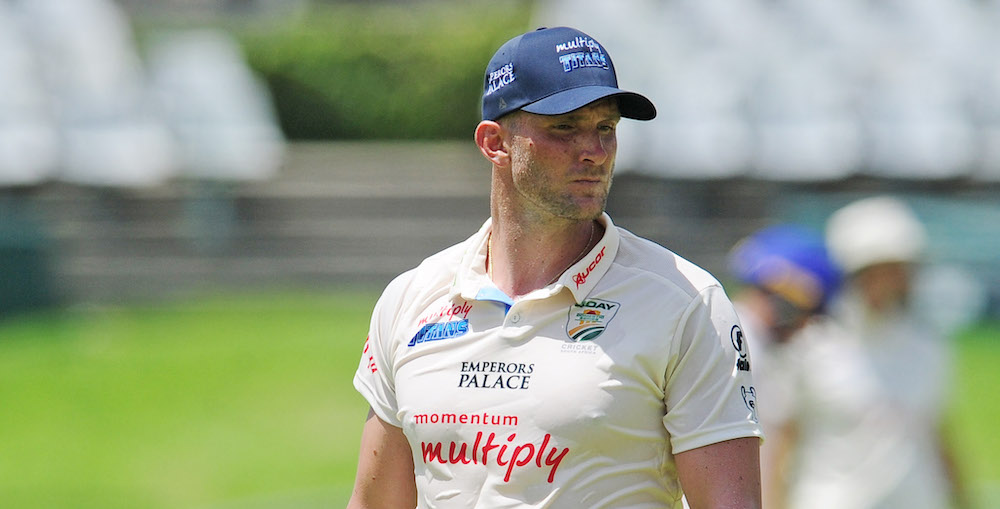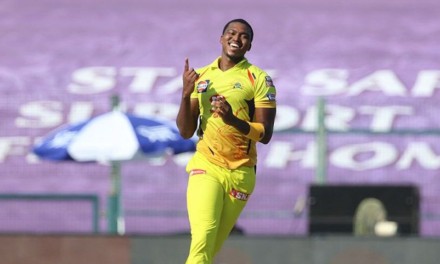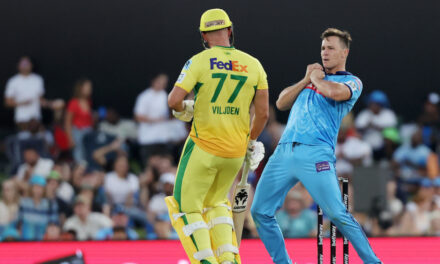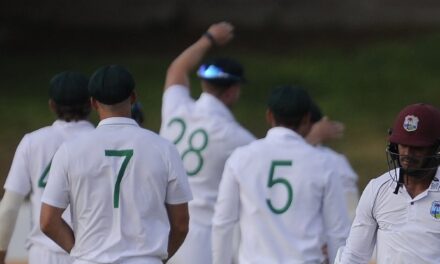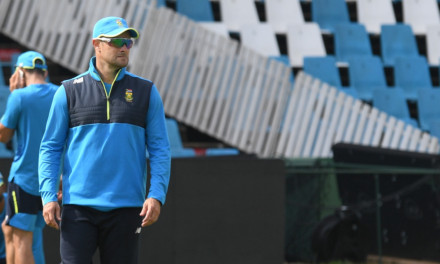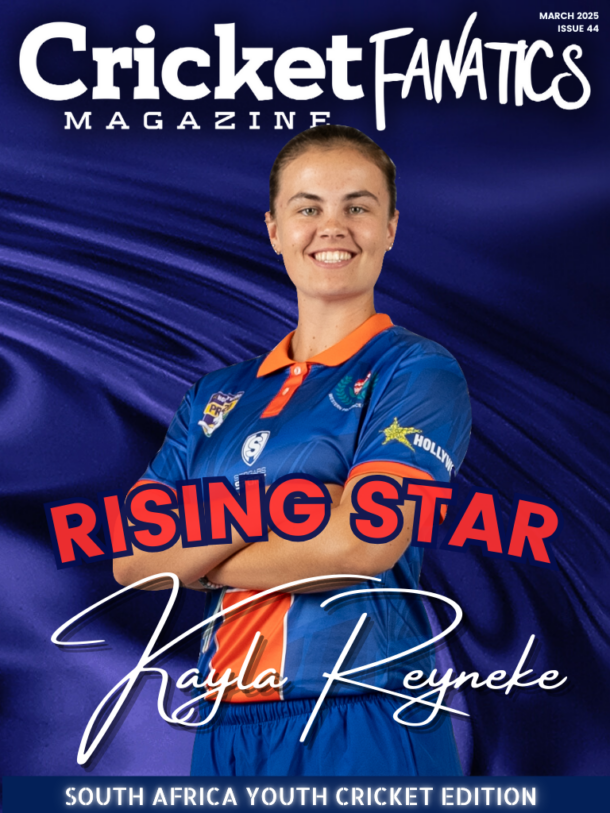Hardus Viljoen reveals the reasons for his decision to go Kolpak and reiterates that his dream has always been to play for South Africa, writes Ongama Gcwabe.
Amidst what has been labelled as the darkest time in South African cricket, we as fans have understandably looked for someone or something to blame.
The game’s administrators, the system, the coaches, retired international players and the Kolpaks.
Like any cricket fanatic, with friends and colleagues, I would engage in discussions about these subjects, especially Kolpak, and I reached a conclusion that all this negativity is there only because most of us don’t really understand why our cricketers opt to go Kolpak or to play overseas.
So, I decided to set-up an interview with Viljoen in order to get a better understanding of this subject.
I have to say, it was an eye-opening, inspiring chat which took much longer than any of us had anticipated.
In an exclusive interview with Cricket Fanatics Magazine, Viljoen opened up about his journey as a South African professional cricketer, going Kolpak and coming back to the South African cricket system.
“I think at that time of my career I was in an era where you had your Dales, Morne, Vernon, Morris and also KG,” he said.
“At that stage, I was at the back of the line after Marchant (De Lange) as well, not that I’m saying it’s a bad thing.
“I personally feel like I never got the same opportunities as other players got, to say ‘listen we’re going to give you maybe three or four Test matches to show what your worth is.’
“I feel that it was the only place where I had to fight with myself to accept that I only had that one opportunity.
“To get judged on one opportunity that you had. Some people say ‘yes if the opportunity comes you must grab it’, and for some people, those things happen and it works out for them.
“At that stage, I thought to myself that they didn’t want me, but that was never the case.
“The more I sat back and reflected I thought ‘but you weren’t good enough at that stage’. Yes, people are going to judge you on that but it’s not about them.”
At this point of the interview, a lot was going through my mind. What can a player do with just one Test match that lasted only three days?
Some will say a player should stay in the system and develop his game, but that’s just one way of doing it.
For us as South African cricket fans, I know it’s a tough pill to swallow, but playing overseas is also one way of getting better as a cricketer.
“For me recognising at that stage that I was fifth or sixth in line… go somewhere, go learn your trade. Go there and learn your skill sets, come back and see what you can do. That’s the reason why I came back and played two 4-Day games,” Viljoen continued.
“The opportunity that I got at that stage was a lot more lucrative not only money-wise but even skill set-wise because I was going to play in a different environment, I needed to work with different people, I needed to play against different opposition.
“I got to learn from World-Class players where there are two/three internationals in a cricket team every week that you play. So, I feel at that stage for me I needed to go and get better.”
If you’ve read this far, you’re probably asking yourself if Kolpaks ever think about playing for South Africa again.
There is a view that when you sign a Kolpak you are “turning your back” on your country.
But what Viljoen said next, made me realise that generalising our beliefs with that misconception is an easy mistake to make.
“To move from South Africa to play in England some people see it as cricketers turning their backs on South Africa, I can’t speak for other people, I can only speak for myself,” Viljoen explained.
“If it happens that South Africa ever says again: ‘listen here, we feel your skillset has gotten better, yes there’s an opportunity’, then I think every kid’s dream is to play for South Africa.”
At the end of the day, no matter what you do for a living, it’s all about giving your all to have no doubts about your choices and efforts.
Viljoen feels that he has given himself the best chance with the opportunities he was given.
“If I sit around the fire when I’m 50 years old at a braai with my mates and they ask me: ‘are you satisfied with your cricket career?’
“I don’t want to have doubts and say: ‘but I don’t know maybe if I did this or if did that… I want it to be like: ‘yes I gave it my full go. Yes it worked out for me or it did not work out for me.'”
What I took out from this interview is that Pro Cricketers are also human, they don’t deserve all the judgements and negativity for the choices they make for themselves, for their families and their careers.
This has given me a different perspective on my journey forward.
Photo: Ryan Wilkisky/BackpagePix

